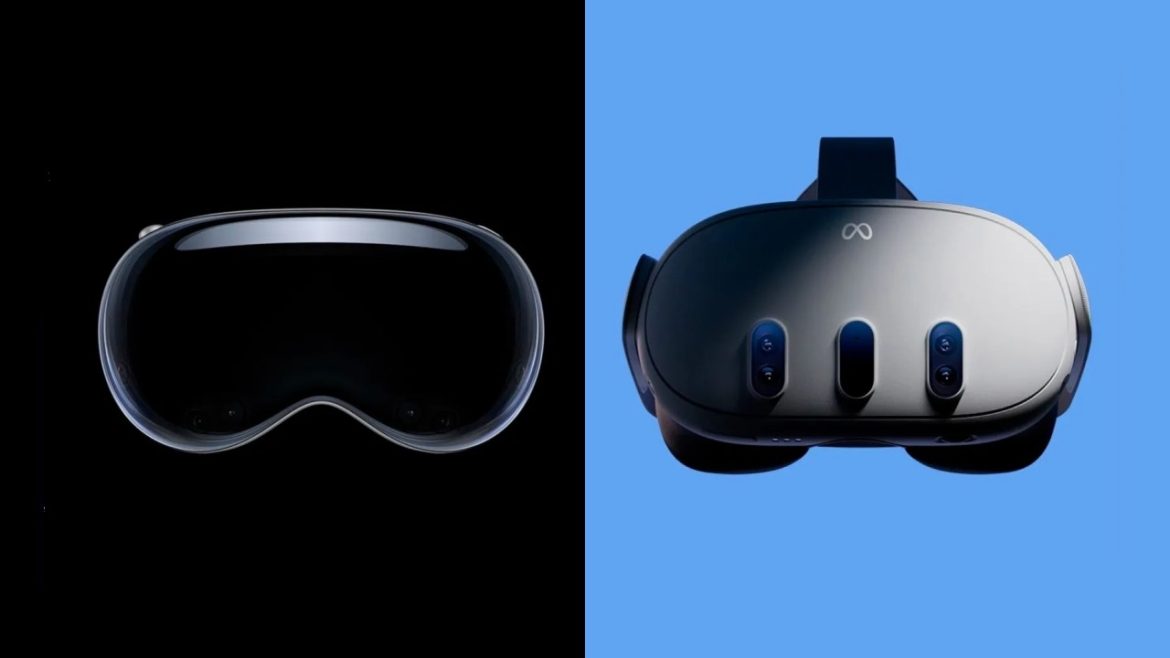Virtual reality (VR) has emerged as a transformative technology that offers immersive experiences across various industries, from gaming and entertainment to education and healthcare. As VR technology continues to evolve, consumers are increasingly curious about affordable options and popular applications available in the market. In this article, we’ll delve into the world of virtual reality, explore budget-friendly solutions, and highlight some of the most popular applications driving the adoption of VR.
Understanding Virtual Reality
Virtual reality refers to a simulated environment that immerses users in a computer-generated 3D world, allowing them to interact with objects and experience a sense of presence as if they were physically present in that environment. VR systems typically consist of a headset, which tracks head movements and displays virtual content, along with controllers or other input devices for interaction within the virtual environment.
One of the key characteristics of VR is its ability to transport users to virtually any location or scenario, whether it’s exploring distant planets, touring historical landmarks, or battling virtual enemies in a video game. This immersive experience has captured the imagination of consumers and sparked interest across a wide range of industries, from entertainment and gaming to training and simulation.
Affordable VR Options
While high-end VR systems such as the Oculus Rift and HTC Vive offer premium experiences with advanced features and capabilities, there are also more affordable options available for consumers on a budget. Entry-level VR headsets, such as the Oculus Quest 2 and the PlayStation VR, provide a compelling VR experience at a fraction of the cost of their premium counterparts.
The Oculus Quest 2, for example, is a standalone VR headset that offers wireless freedom and built-in tracking capabilities, eliminating the need for external sensors or a powerful gaming PC. With its affordable price point and extensive library of VR games and experiences, the Oculus Quest 2 has become a popular choice for consumers looking to dip their toes into the world of virtual reality without breaking the bank.
Similarly, the PlayStation VR headset offers a budget-friendly VR solution for PlayStation console owners, providing access to a diverse range of VR games and experiences from the PlayStation Store. By leveraging the power of the PlayStation console, the PlayStation VR delivers immersive gaming experiences with smooth performance and high-quality graphics, making it an attractive option for console gamers.
Popular VR Applications
Virtual reality has seen widespread adoption across various industries, with applications ranging from gaming and entertainment to education, healthcare, and beyond. In the gaming industry, VR has revolutionized the way players interact with virtual worlds, offering unparalleled immersion and interactivity. Popular VR games such as Beat Saber, Half-Life: Alyx, and The Walking Dead: Saints & Sinners have garnered critical acclaim and attracted a large player base.
Beyond gaming, VR is also being used for educational purposes, allowing students to explore virtual environments and engage with educational content in a more immersive and interactive way. Applications such as Google Expeditions and Oculus Education offer virtual field trips and educational experiences that bring learning to life in a way that traditional methods cannot replicate.
In healthcare, VR is being used for training medical professionals, simulating surgical procedures, and treating phobias and anxiety disorders through exposure therapy. VR applications such as Osso VR and Surgical Theater provide realistic surgical simulations and training scenarios, allowing medical professionals to hone their skills in a safe and controlled environment.
Conclusion
Virtual reality continues to push the boundaries of what’s possible in immersive computing, offering transformative experiences across a wide range of industries. With affordable options such as the Oculus Quest 2 and PlayStation VR making VR more accessible to consumers, and popular applications driving adoption and innovation, the future of virtual reality looks promising. Whether it’s exploring virtual worlds, playing immersive games, or engaging in educational experiences, VR has something to offer for everyone. As technology continues to evolve, we can expect to see even more exciting developments in the world of virtual reality in the years to come.



